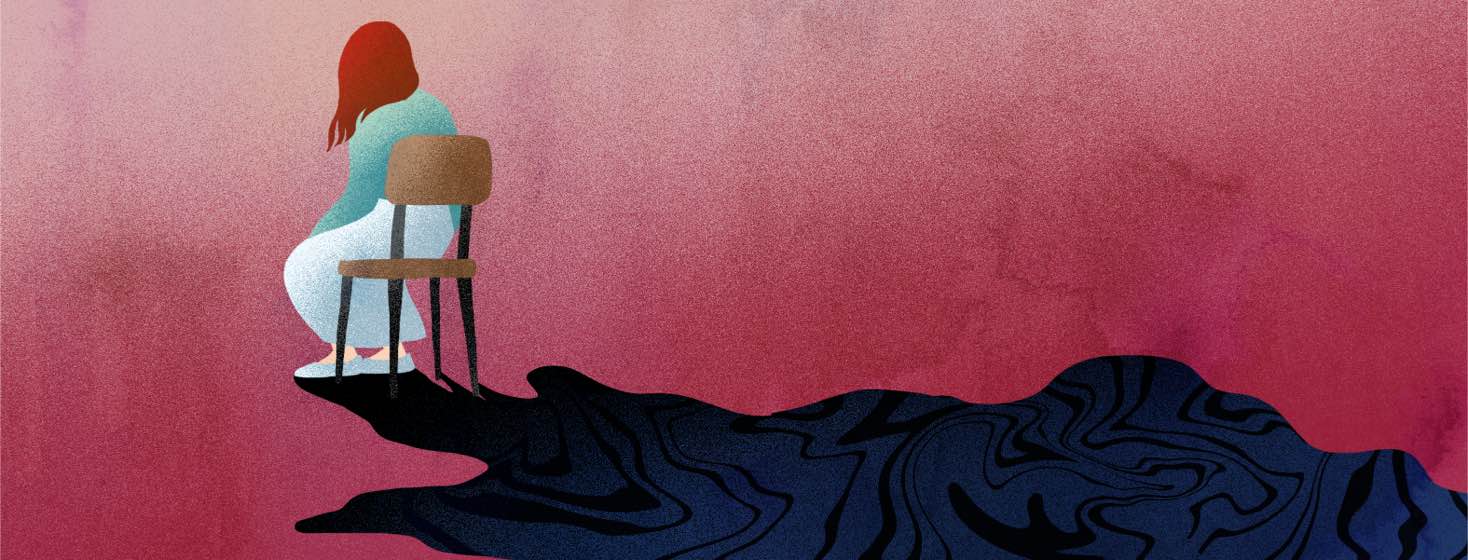A Skin Cancer Too Large to be Seen
Working as a superficial radiation therapist treating skin cancers, I have encountered so many interesting patients. But a few unique individuals have left such an impact that has forever changed how I approach patient care. In my first year working in a dermatology office, I met a patient very different from all the rest. She had an ulcerated skin cancer that had been left untreated for years. It had grown to cover the entirety of her upper back.
Her ulcerated skin cancer was "pretty large"
Our prescribing dermatologist called me into the exam room for treatment planning, as he would for any patient choosing to do radiation therapy. He asked if I had any other patients waiting because this ulcerated skin cancer was "pretty large," and it may take a little time to figure out the treatment plan.
She wanted to try radiation
Upon meeting her, I found that ‘pretty large’ was an 18 x 12 cm ulcerated skin cancer lesion that was severely eroded. Typically a patient with an ulcerated skin cancer this size would be treated surgically and then referred to a plastic surgeon who would then complete the surgery with a large skin graft. She refused to undergo surgery that would involve any skin grafting, and instead wanted to do radiation and came to our office specifically for treatment using the SRT-100.
This area was larger than usual
The SRT-100 typically allows me to treat areas up to 10cm. Preforming a treatment on a larger site would involve extensive planning, shielding modifications, and longer treatment times. We were hesitant at first, but we wanted to make sure she got the treatment she very desperately needed.
It required some planning
We spent about 30 minutes planning the treatment and how I would shield and treat, ensuring the radiation dose wouldn’t be too low or too high in any areas of cancer. I drew out the treatment plan on a digital photo of the ulcerated skin cancer and went back into the exam room to explain our treatment plan to the patient.
She hadn't seen the site in awhile
As I went to show her the photo of her skin cancer she very casually said, “oh no no, no, I don’t know what it looks like, and I would prefer not to see it. My partner dresses my wound daily, and I have not seen what it looked like in over 2 years.”
She blamed herself
I quickly pulled back my iPad and sat down. I was shocked and at a loss for words. She could tell I was baffled and did not understand. She very simply explained that she knew her cancer had grown out of control, which resulted in the ulcerated skin cancer. She did not want to look because she knew the neglect was her fault. She did not want to see the mess she had created. She wanted to get treatment with a goal to finally be able to see her back cancer-free. She asked, instead, that I just describe the treatment for her in a very generalized way.
She never looked
This continued over the 9 weeks that she underwent treatment. She never looked at her ulcerated skin cancer. As the wound closed and began to heal, I asked if she had any interest in seeing it now that it was doing better. No, she said, she was content with the verbal descriptions that her partner and I gave her on a regular basis.
I still think about her
To this day, I think of this patient before showing patients a photo of their skin cancer. I now ask if they would like to see what the treatment area will look like. I no longer assume that just because I am desensitized to even the most graphic photos of skin cancers, others want to see their bodies that way.
An update on the patient
She’s doing great! The ulcerated skin cancer had eaten away at such a large area, so it took months for the healthy skin cells to fill in. Her back does have a patch of scar tissue from the wound, but she currently shows no evidence of disease in the treatment area!
Have you ever heard of ulcerated skin cancer?

Join the conversation